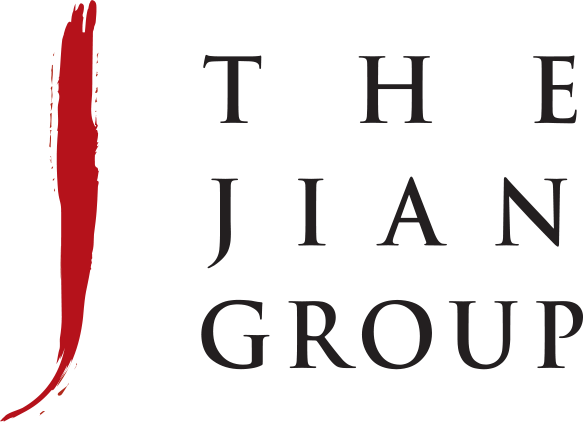Most of the changes are good, even if they could alter the game slightly
Article by Michael Turner originally appeared here in ProSales Magazine.
If you are a business owner, you have to be thinking “Damn the Torpedoes and Full Speed Ahead.” While the Republicans have attempted to characterize the 2017 Tax Act as a reduction in personal income taxes, the real benefactors will be businesses.
Specifically, the combined 21% corporate rate and 23.8% dividend rate results in a combined tax rate of 39.8%. In contrast the highest 2017 combined tax rate for corporations was 50.5%. Pass-through entities such as limited liability corporations (LLCs), partnerships and S Corporations can deduct 20% of qualified business income. That produces an effective maximum rate of 29.6%, compared with the highest 2017 rate of 39.6%. Depending on your company structure, taxes will be reduced 21 to 25%!
As you ponder what you will do with this extra after-tax cash, let’s review the Tax Act implications for the building materials industry and specifically as it relates to mergers and acquisition.
- Higher after-tax earnings by buyers will generate additional cash for acquisitions. The lower tax will also increase the net cash flow of sellers which should increase valuations. Even though EBITDA (earnings before interest, taxes, depreciation, and amortization) will not be impacted, sellers will generate more cash flow from reduced taxes.
- Individual taxpayers will see a reduction of 2% to 4% in their taxes, with the top rate reduced 2.6%. Additional after-tax cash should increase mortgage qualifications and thus demand for housing.
- Companies will be entitled to deduct immediately 100% of the cost of depreciable tangible assets, including assets acquired from a third party, whether new or used. The immediate expensing rule will make acquisitions of assets more attractive to a buyer than will acquisitions of stock.
- The reduced corporate tax somewhat offsets the value of the step-up of depreciable basis, which typically includes compensation to the seller for the recapture of previous depreciation; that will be taxed as ordinary income. We believe acquirers will put more emphasis on asset acquisitions (or stock purchases treated as asset purchases for income tax purchases), but that each transaction will need to be analyzed for the net benefit to each party.
- Private equity carried interest is now subject to a three-year holding period. While most private equity investments are longer than three years, the Tax Act could be a deciding factor when private equity has the opportunity for a quick sale. Note here that investors/shareholders have a one-year holding period for capital gain treatment, while the deal’s sponsors (i.e. private equity) have a three-year holding period for carried interest. The interests are not aligned.
- Net interest expense deductions are limited to 30% of EBITDA. This debt limitation could impact the thinking of debt-laden transactions and may cause private equity investors to write larger equity checks or re-characterize debt as preferred equity.
- On personal tax returns, the Tax Act establishes a $10,000 expense cap for state income and property taxes, and the mortgage interest deduction is limited to the first $750,000 in principal debt. This is another challenge to owning versus renting, but renting could also result in additional multi-family construction opportunities and perhaps create a market for new real estate investment trusts (REITs) to build and own rental units.
- The Tax Foundation estimates the Tax Act will increase long term gross domestic product by 1.7%. The larger economy would translate into 1.5% higher wages and result in an additional 339,000 full-time equivalent jobs. All these factors are very encouraging for companies that build or supply the housing industry.
Our industry has been concerned about the length of the current economic recovery and concerns about a correction. We are not economists, but one could argue that the additional cash generated by businesses and to some extent individual taxpayers will translate into improved pay, more capital spending, and growth that should extend our economic recovery and be very positive for the building material industry. We also believe the M&A climate in our industry will be vibrant, as the Tax Act provides a basis for a longer economic recovery. That’s good news for buyers and sellers, who will see increased value for their company.
As you contemplate how the Tax Act may affect you and your company, we would encourage you to counsel with your tax adviser.


